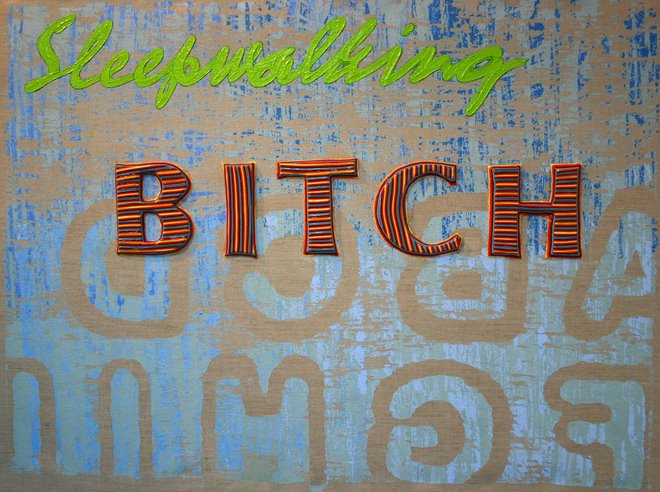Douglas Stichbury's Parkin Prize drawing
Artworks are conversation pieces of the highest order. Debate, conversely, is what sells newspapers and tickets to Punch & Judy shows.
Copying, tracing, projecting, optical devices as aids, or mechanical reproduction employed - in the production of 'original' works of art - is a non-starter topic. Please keep in mind that Neo-Classicism resulted from the excavation and copying of Greek/Roman statuary.
It's pretty well accepted - at this point yawn inducing - that Caravaggio, Ingres, Vermeer, etc used optical devices (camera lucida, camera obscura) to block in their drawings/paintings. And that these devices positively revolutionized perspective and anatomical proportion. Anyone having spent time with an actual Vermeer (or Ingres or Caravaggio, for that matter) has been thoroughly disabused of the spurious, hubristic, notion that just about anyone would be (by using optical devices) capable of painting a Vermeer. LOL.
Mainstream media specializes in transforming most art prizes into man-bites-dog stories. Last year, the Parkin Prize's exquisitely rendered, winning abstract drawing, earned a headline something like this - 'Folded Piece of Paper Wins $20,000.' The only thing accurate in that sensationally inaccurate headline was the prize's dollar amount.
I got a heads-up, before I left Wellington, that some sour grapes, also-ran, artist had called in a dubious ear-worm to a Dom Post (Dim Post, rather) reporter, re this year's (Parkin Prize) winning drawing's originality. Both dimwitted Dom Post reporter and the knuckle-headed 'deep-throat' artist have investigated and discovered one big thing - their own abject ignorance about the technical/conceptual origins and construction of visual artworks. In both historically-collective and contemporaneously-individual terms.
It's as if the two schmos (so-called artist and so-called reporter) had never seen a Larry Rivers, a Warhol, a Lichtenstein, a Robert Longo, a Sherrie Levine, a Richard Prince, a Robert Colescott or, worse yet, never had the good fortune to stumble upon John Donne's: "All mankind is of one author, and is one volume; when one man dies, one chapter is not torn out of the book, but translated into a better language; and every chapter must be so translated."
Full disclosure: I was a panel selector for this year and last year's Parkin Prize Awards.
Copying, tracing, projecting, optical devices as aids, or mechanical reproduction employed - in the production of 'original' works of art - is a non-starter topic. Please keep in mind that Neo-Classicism resulted from the excavation and copying of Greek/Roman statuary.
It's pretty well accepted - at this point yawn inducing - that Caravaggio, Ingres, Vermeer, etc used optical devices (camera lucida, camera obscura) to block in their drawings/paintings. And that these devices positively revolutionized perspective and anatomical proportion. Anyone having spent time with an actual Vermeer (or Ingres or Caravaggio, for that matter) has been thoroughly disabused of the spurious, hubristic, notion that just about anyone would be (by using optical devices) capable of painting a Vermeer. LOL.
Mainstream media specializes in transforming most art prizes into man-bites-dog stories. Last year, the Parkin Prize's exquisitely rendered, winning abstract drawing, earned a headline something like this - 'Folded Piece of Paper Wins $20,000.' The only thing accurate in that sensationally inaccurate headline was the prize's dollar amount.
I got a heads-up, before I left Wellington, that some sour grapes, also-ran, artist had called in a dubious ear-worm to a Dom Post (Dim Post, rather) reporter, re this year's (Parkin Prize) winning drawing's originality. Both dimwitted Dom Post reporter and the knuckle-headed 'deep-throat' artist have investigated and discovered one big thing - their own abject ignorance about the technical/conceptual origins and construction of visual artworks. In both historically-collective and contemporaneously-individual terms.
It's as if the two schmos (so-called artist and so-called reporter) had never seen a Larry Rivers, a Warhol, a Lichtenstein, a Robert Longo, a Sherrie Levine, a Richard Prince, a Robert Colescott or, worse yet, never had the good fortune to stumble upon John Donne's: "All mankind is of one author, and is one volume; when one man dies, one chapter is not torn out of the book, but translated into a better language; and every chapter must be so translated."
Full disclosure: I was a panel selector for this year and last year's Parkin Prize Awards.


